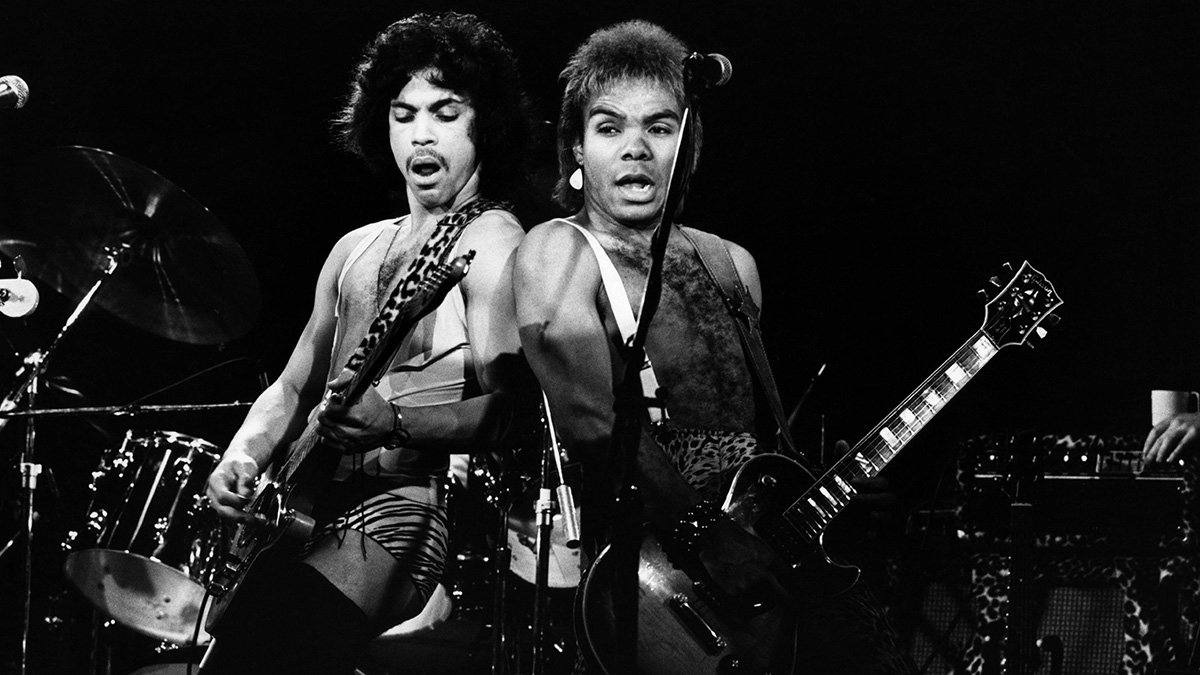Deetron's favourite music software
The Swiss producer likes things analogue, but he’s happy to get stuck in with the software versions of his favourite synths
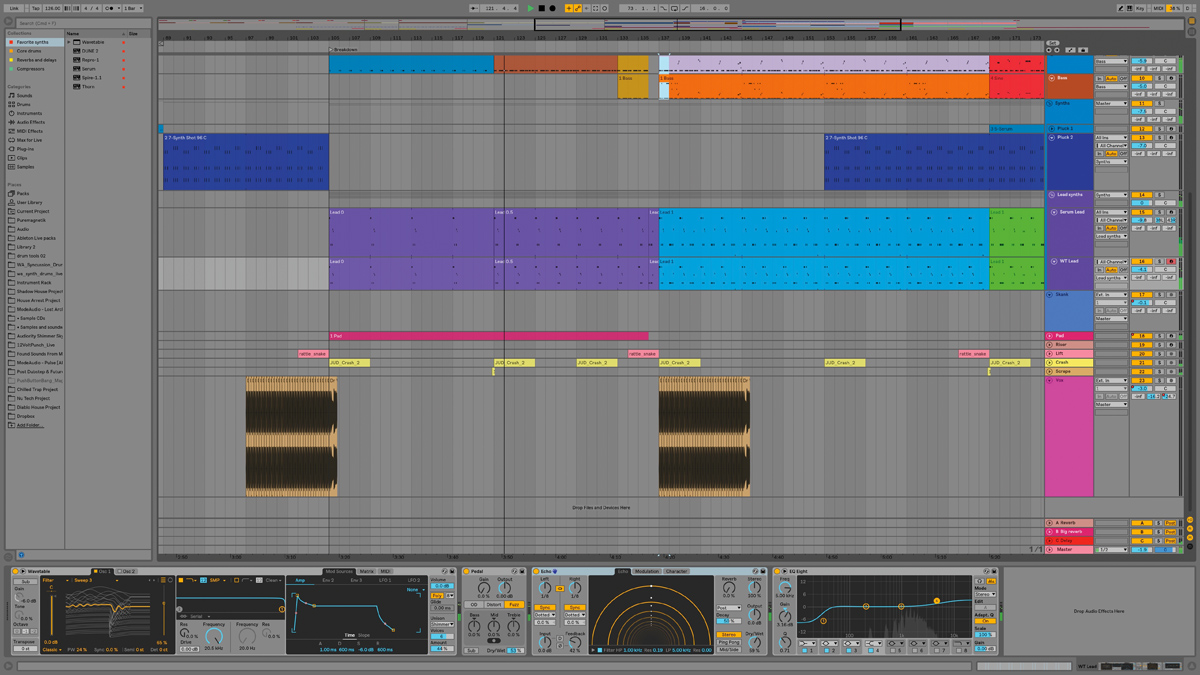
Ableton Live 10
“In the early days, I was working with nothing more than a pre-Cubase sequencer, my friend’s Atari and a Juno-106. But Cubase was the one that everybody wanted, so, as soon as I could afford my own computer and bedroom studio, that became my platform.
“Ableton changed all that. The first time I saw it, I knew it was a real game-changer… in terms of arrangement, user-friendly approach and the ‘live’ feel you get in the studio. I haven’t looked back since.”
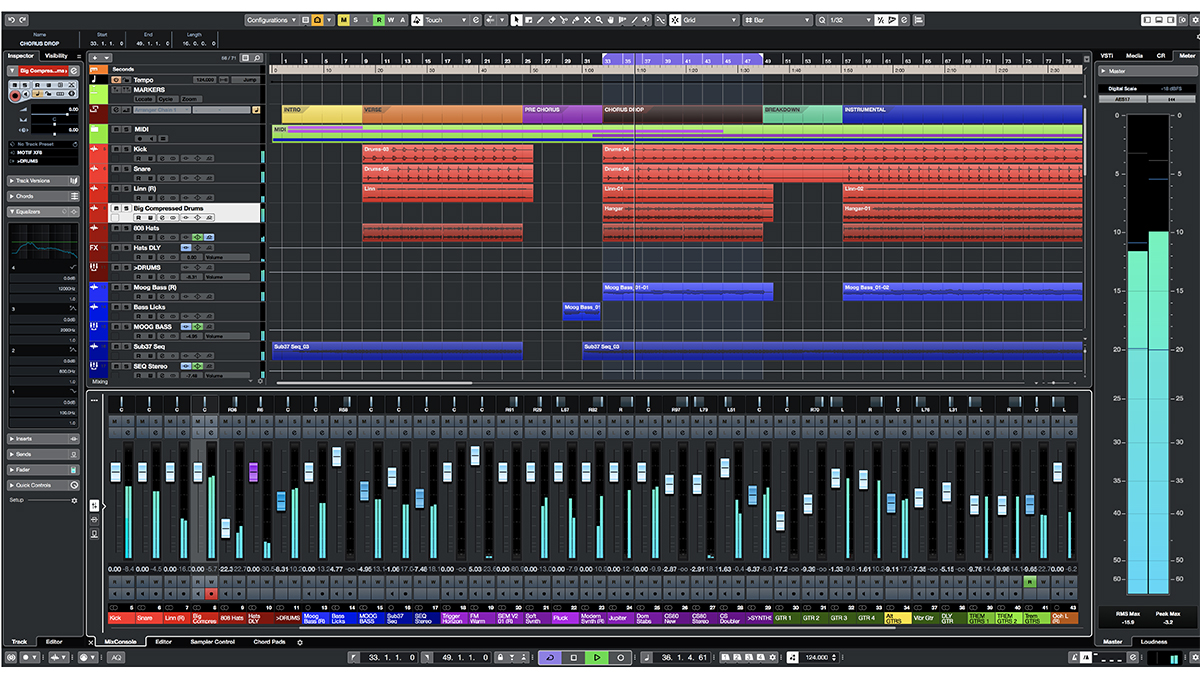
Steinberg Cubase Pro 10
“Even though Ableton is my main DAW, I still record samples, live instruments and vocals into Cubase and edit them in there.
“I got used to this way of working when I was switching over from Cubase to Ableton. I get much better results with Cubase when I’m time-stretching or harmonically adjusting recordings. Yes, it means there is a bit more work in the studio, but I honestly believe that it pays off. I also use Cubase for my final mixdowns.”
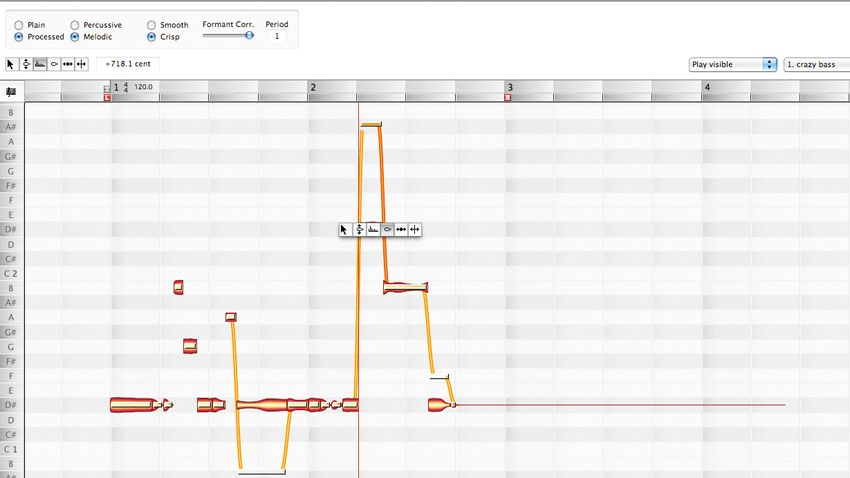
Celemony Melodyne
“I’ve been using Melodyne for over ten years now to edit my vocal recordings. When it comes to audio editing, the opportunities it gives you are endless. Nothing else can touch it.
“I find it particularly useful when I’m working with a larger number of vocal harmonies and I love being able to really interfere with the recordings… correct harmonies, enhance them or completely change a previously recorded vocal session. It’s also a great tool for vocals that have a tendency to drift off. I’ve worked with a fair few of those during my career, especially as a remixer.”
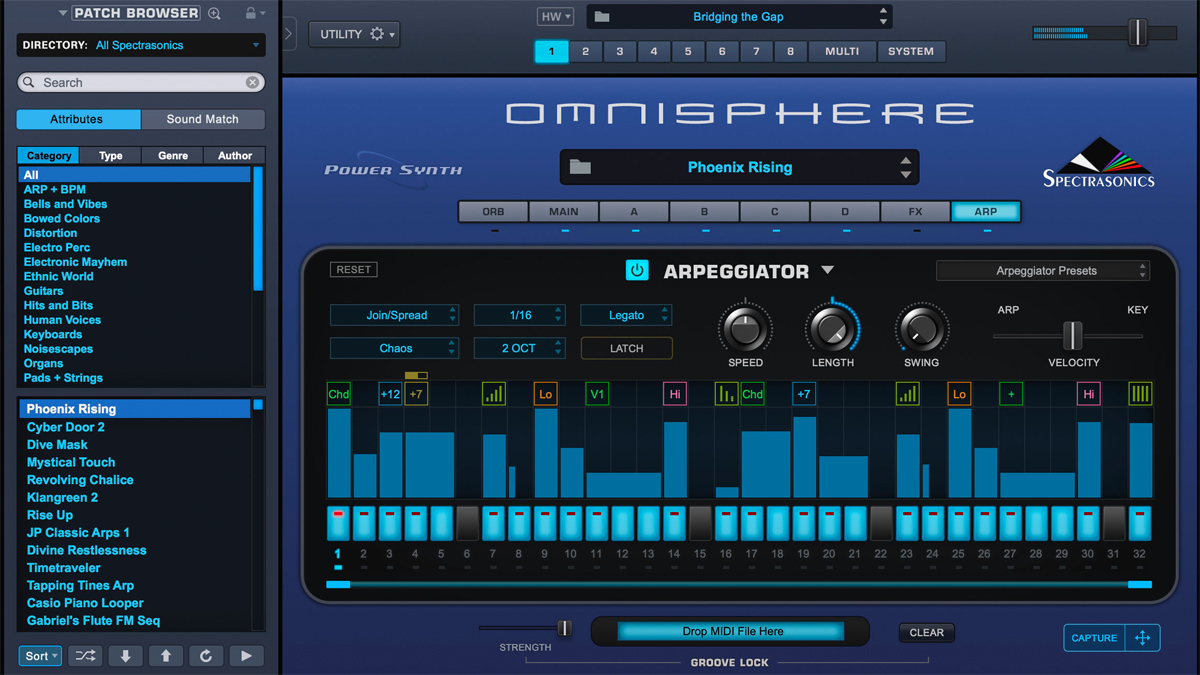
Spectrasonics Omnisphere 2
“Useful in so many situations, but I mostly use it for pads and choirs. The samples are outstanding, and I like to build my own choir chords using the ‘oohs’ and ‘aahs’.
“If I remember correctly, I first heard it about 15 years ago and it’s been a constant feature in my studio ever since. The string section is another fantastic part of this marvel, and I’m a sucker for strings. The vocal chords/stabs in the track Choose Me - featuring Steve Spacek - are all from Omnisphere.”
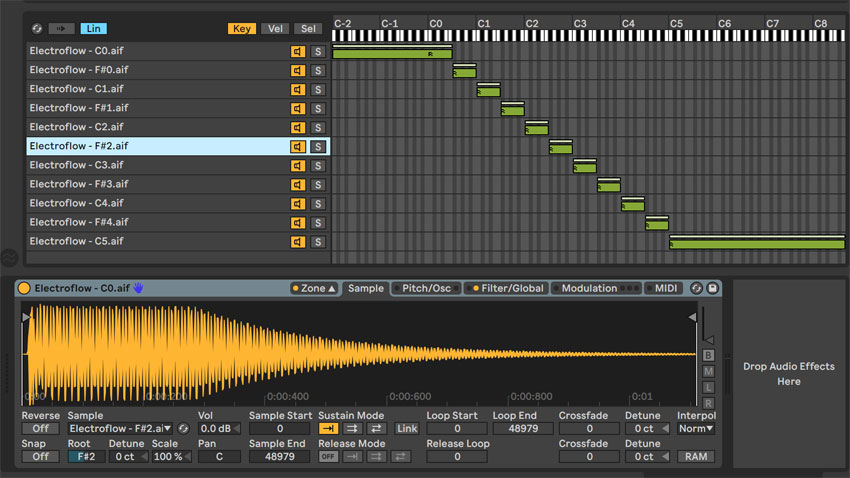
Ableton Sampler
“In my days as a bedroom producer, I almost exclusively worked with a hardware sampler. Tracks like Don’t You Know Why and Velocity were made using samples and a 909. Basic, but effective.
“As you can imagine, I was always on the lookout for a software sampler that I could work with, and I seemed to keep coming back to Ableton’s onboard instrument. It’s powerful, but also simple to use, and you can hear it in most of my productions. Anything from drums and vocal elements to homemade chord sounds, which I build using small snippets of strings and piano.”
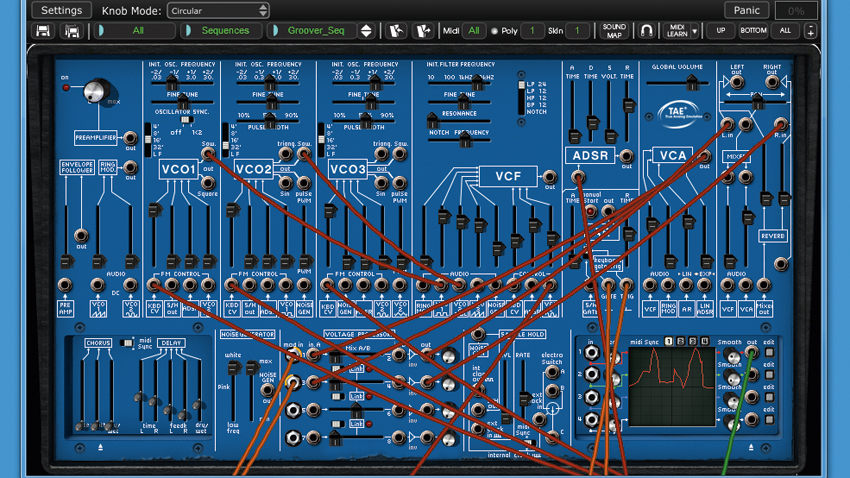
Arturia ARP 2600V
“Like many producers, my dream is to purchase a real ARP 2600 at some point, but, until that day becomes a reality, I’m using the plugin - I’ve actually been using it since 2013.
“The arpeggiator is a lot of fun and it’s been responsible for many a bassline. I‘m yet to find a MIDI controller that makes things feel ‘live’ with it, but I still think that this comes relatively close to the original. I’ll keep on saving up for the real thing, though!”
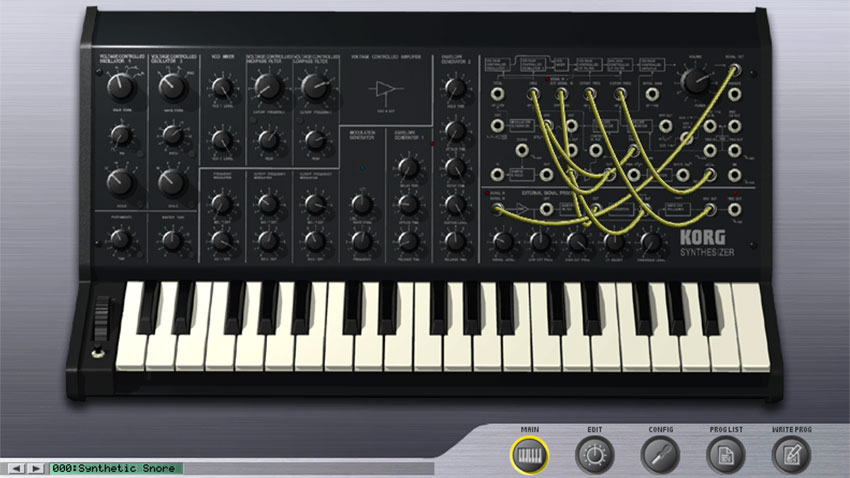
Korg MS-20
“I had an MS-20 in my studio for a while and it’s a beast for basslines. So, when I finally had to give it back - after various extensions to the loan and attempts to buy it from my friend - I opted for the software version.
“My verdict? I was blown away! Excellent sound and handling make this another synth that’s become a constant feature in my tracks. In the eight years I’ve been using it, I can honestly say I have never experienced a dull moment with it.”
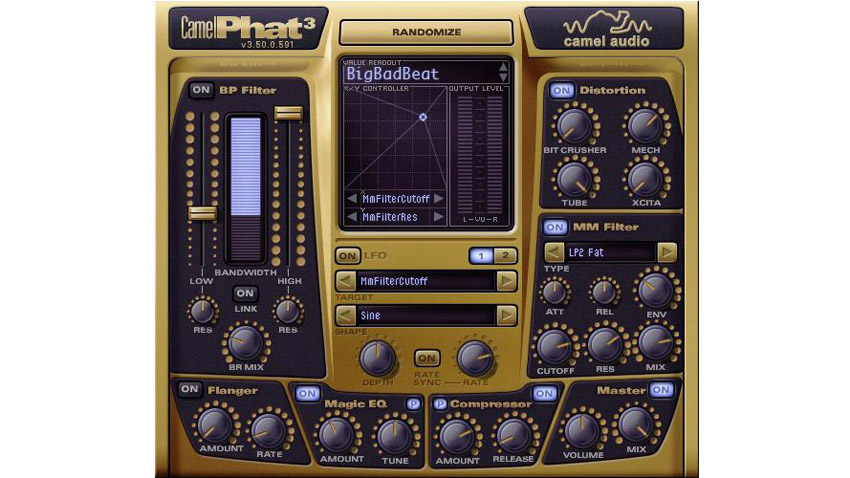
Camel Audio Camelphat
“I have a love and hate relationship with this filter. If you don’t use with care, it can be far too in-your-face and aggressive. But, again, I keep coming back to it, time after time.
“I use it to change the sound, colour and appearance of drum loops, transforming them into melodic elements. And I often slam it over the whole mix, so I can play around with it like a DJ filter or isolator. It gives me a feel of how a track could work in a club.”
Deetron has remixed Carl Cox’s track, Dark Alleys, available now on Circus Records.

Computer Music magazine is the world’s best selling publication dedicated solely to making great music with your Mac or PC computer. Each issue it brings its lucky readers the best in cutting-edge tutorials, need-to-know, expert software reviews and even all the tools you actually need to make great music today, courtesy of our legendary CM Plugin Suite.


“From a music production perspective, I really like a lot of what Equinox is capable of – it’s a shame it's priced for the post-production market”: iZotope Equinox review
"This is the amp that defined what electric guitar sounds like": Universal Audio releases its UAFX Woodrow '55 pedal as a plugin, putting an "American classic" in your DAW
“From a music production perspective, I really like a lot of what Equinox is capable of – it’s a shame it's priced for the post-production market”: iZotope Equinox review
"This is the amp that defined what electric guitar sounds like": Universal Audio releases its UAFX Woodrow '55 pedal as a plugin, putting an "American classic" in your DAW
